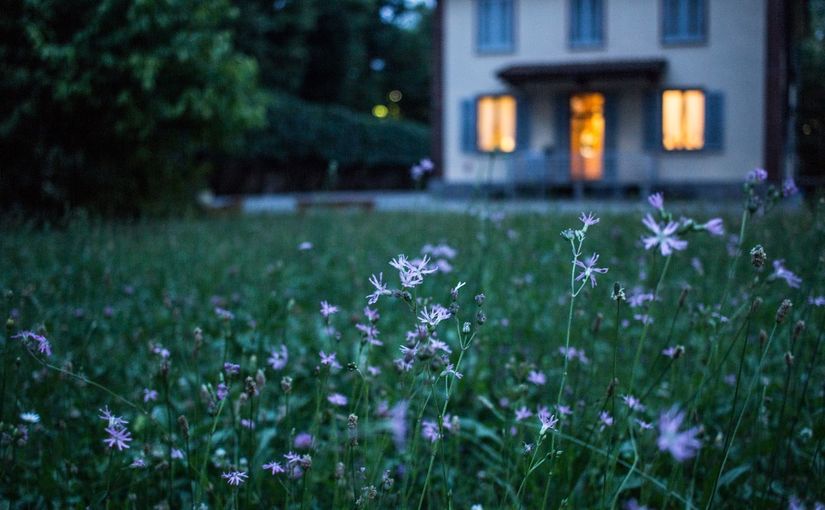During the mid-1940s to 1950s, the installation of the Serviceman’s Readjustment Bill sprung the building of a large number of planned communities. These were houses that veterans could buy with low-interest loans provided by the government. Initially, these communities did not have home owners associations; however, they did have restrictive covenants that prohibited such things as laundry lines in the front yard. From such covenants sprung homeowner associations (HOAs) as suburban living grew more popular.
The original purpose of HOAs was to provide a regulatory group to enforce and improve upon the restrictive covenants. The covenants determined how the community would look, what improvements would be allowed, and, oftentimes, who could live there. This was to appeal to people who were looking for a certain style of living – restrictions on pets, landscaping, racial mixing, etc. Today, HOAs are no longer allowed to restrict residents according to race, but have taken on additional responsibilities, including maintaining amenities like community pools, tennis courts, playgrounds, etc. when available. They require a fee to be paid by homeowners, which in turn helps pay for common area maintenance and taxes in addition to special fees that depend on amenities.
Since the development of HOAs, there have been numerous disputes between HOAs and homeowners on what homeowners might consider minor infractions of the restrictive covenants. This isn’t to say all HOAs are a nightmare, but that not all communities are developed for every form of living and homebuyers need to assess their expectations. If you’re buying soon, make sure you ask your Realtor if any property you are interested in buying is part of an HOA and have them print a copy of the restrictive covenants BEFORE you make an offer. You should be fully aware of what will be required of you as a homeowner. Some HOAs just make sure the common grounds remain tidy while others require more in the way of certain floor plans, color schemes, landscaping, window treatments, etc.
If you would like to know more about a certain community’s HOA, feel free to give us a call at 910.202.2546 or send us a message through our Contact page. The Cameron Team would be happy to help you find a community that fits your lifestyle.



